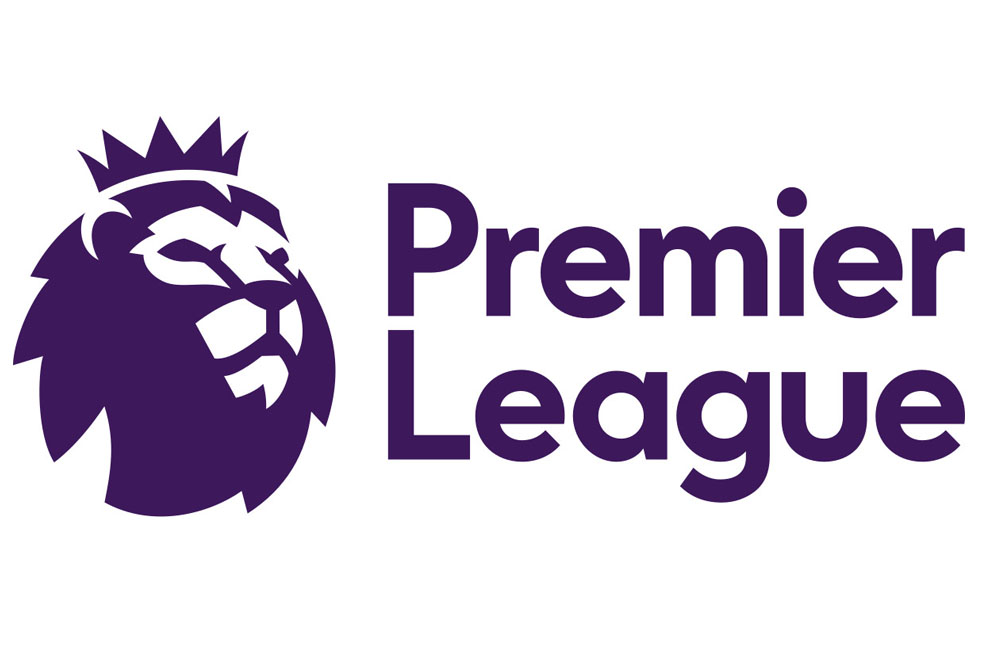London: Both Manchester City and the Premier League claimed victory in the legal battle over associated party transaction (APT) rules on the grounds that they were anti-competitive. The verdict from the legal battle resulted in a mixed outcome.
The tribunal in a 175-page document, stated that certain rules regarding Associated Party Transactions (APTs) were in violation of competition law, which impacts how sponsorship deals can be regulated. While this aspect was seen as a victory for Manchester City, the Premier League also interpreted parts of the ruling as supportive of its regulatory framework.
The decision allows Manchester City to proceed with previously blocked sponsorship agreements, but it also necessitates a reassessment of how the Premier League governs financial dealings among its clubs. Following the ruling, Premier League clubs are planning an emergency meeting to discuss its implications.
Man City released a statement saying the tribunal had declared the APT rules ‘unlawful’ and the tribunal has determined both that the rules are structurally unfair and that the Premier League was specifically unfair in how it applied those rules to the club in practice.”
The Premier League said the majority of City’s challenges in the case were ‘rejected’ but mentioned that, “The tribunal did, however, identify a small number of discrete elements of the rules which do not, in their current form, comply with competition and public law requirements. these elements can quickly and effectively be remedied by the League and clubs.”

What are the Associated Party Transaction rules?
The Premier League’s regulations mandate that any club, along with its players, manager, or senior officials, must submit transactions involving ‘associated parties’ for approval.
‘Associated parties’ refer to individuals or companies that have a significant financial interest or influence in the club.
The Premier League’s board reviews these transactions to determine if they reflect fair market value.
According to the league, this rule promotes “fairness” throughout the division by reducing the reliance on inflated commercial revenues associated with club ownership.
The panel also agreed with City’s claim for an updated version of the APT rules, which came into force in February this year, were unlawful because of wording changes, which tightened the interpretation of what constitutes ‘fair market value’ in commercial agreements, was unlawful.
This development is significant as it highlights ongoing tensions surrounding financial regulations within English football, particularly with Manchester City’s history of scrutiny regarding its financial dealings. The outcome could have lasting effects on the governance of commercial dealings among clubs in the Premier League.



